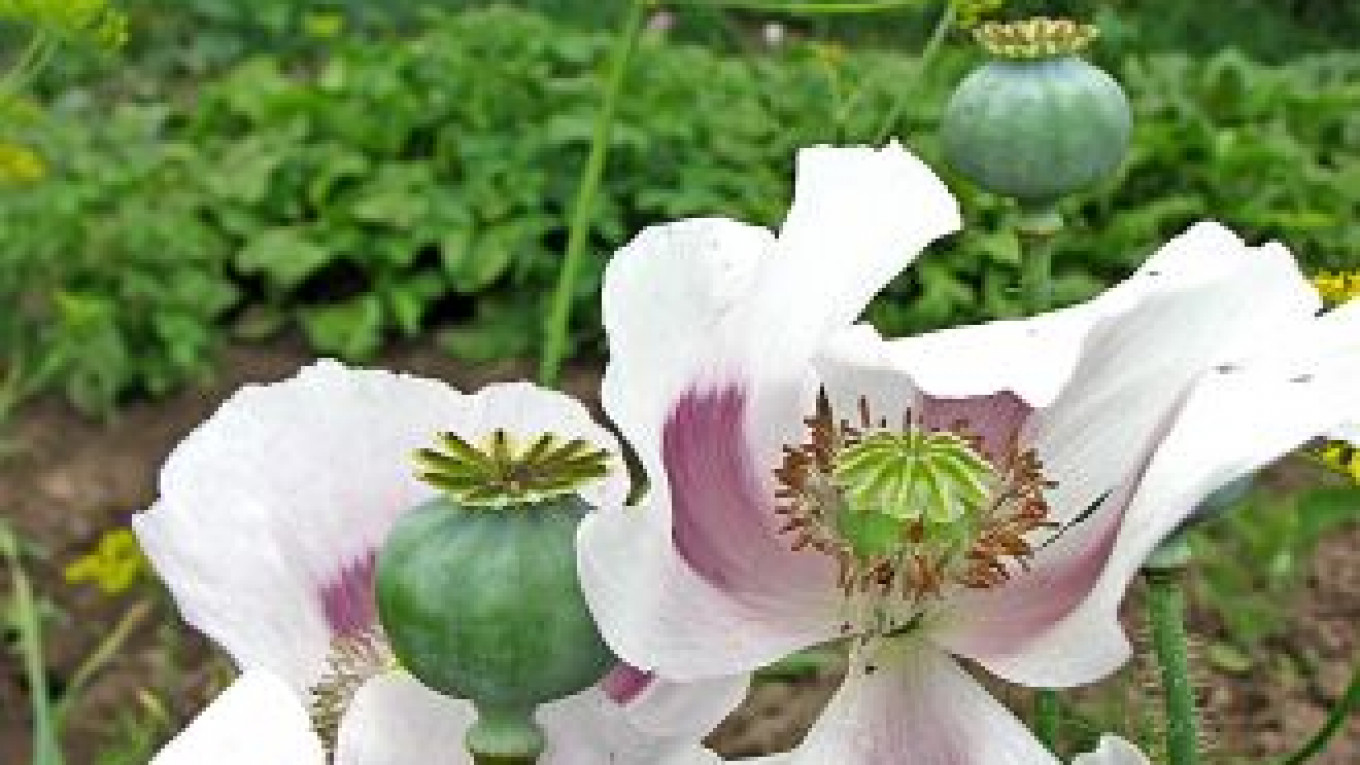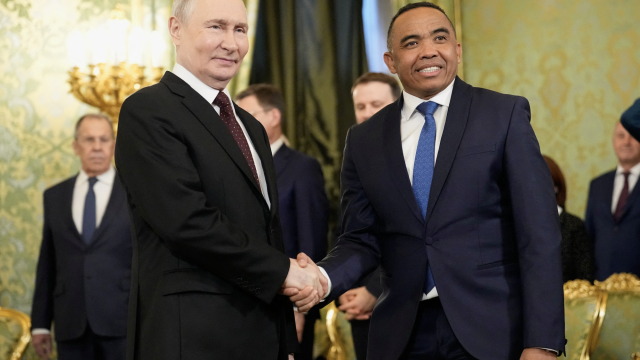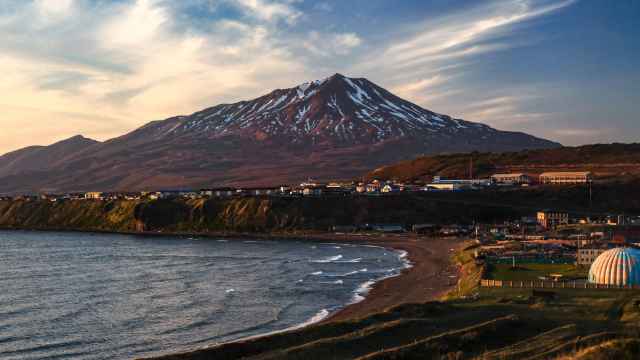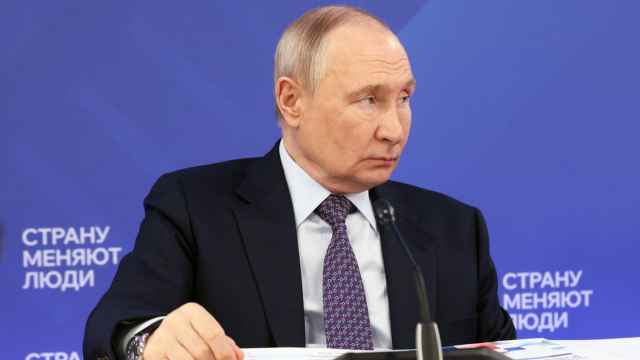Russia's top narcotics official on Wednesday expressed alarm over a "serious poppy invasion" of the country causing a major increase in illegal drugs.
Viktor Ivanov, head of the Federal Drug Control Service, told journalists at a news conference that Russia's reliance on imported poppy seeds for the culinary industry had led to an influx of "dirty" poppy seeds containing opium that has been harvested from the plant.
The country imported 8,500 tons of poppy seeds from other countries in 2012 alone, Interfax reported.
The same year, 212 tons of "dirty" poppy seeds — batches of seeds that have been infused with pure opium from the poppy plant or with other chemicals — were seized from drug dealers, a dramatic increase from the 44 tons reported a year earlier.
Growing poppy seeds was officially banned on Russian territory by the Ministry of Health of the Soviet Union in 1987, but Ivanov's agency has wanted to reverse that law since 2011.
According to the Agriculture Ministry, two types of poppy plant varieties — Parus and Zhemchug — have been allowed for cultivation in agricultural areas since June.
Anyone found to be growing the poppy plants privately is "tracked down by the drug control service and punished according to the applicable laws," said Yekaterina Popova, a spokeswoman for the ministry.
Ivanov seemed to want farmers to take advantage of this recent development to stop drug-rich poppy seeds from entering the country through official channels and winding up on the black market.
The more farmers grow poppy plants in Russia, he said, the less opium-based drugs there will be in the country.
Russia is one of the world's top heroin consumers, and nearly 90 percent of all drug addicts in Russia were using opiates in 2009, according to a report by the UN International Narcotics Control Board published in 2010. The report also said there were an estimated 1.68 million opiate users in Russia.
Moscow's branch of the drug control agency reported Wednesday that it had confiscated 13 tons of poppy seeds containing more than 600 kilograms of opium — enough for 500,000 single portions with a total street value of 25 million rubles ($752,000).
"The domestic culinary industry's demand for [poppy seeds] is about 5,000 tons per year. So why did over 8,000 tons come through customs?" Ivanov said, suggesting that drug dealers are using official channels to bring dirty poppy seeds into the country.
The well-known red poppy flowers grow on top of ball-shaped seed pods. These seed pods contain a white liquid substance — opium — which seeps out when the pod is cut. The opium contains about 12 percent of morphine, which can then be used to manufacture other drugs like heroin.
Some of Russia's neighbors have noticed the worrying trend as well.
Earlier this year, Igor Shunevich, the Internal Affairs Minister of Belarus, announced that Belarus would impose tight controls on poppy seed imports and sales by no later than September due to an increase in drug-related criminal activity, Pravda reported.
But while tightening regulations on what enters the country through official channels, controlling illegal opium-based drug smuggling from other countries, such as Afghanistan, remains a serious problem for Russia.
Speaking at a March meeting of the Commission on Narcotic Drugs — one of the policymaking bodies within the United Nations — Ivanov said Afghanistan still produces up to 90 percent of the world's heroin made from poppies, which is then trafficked to more than 100 countries across the globe.
Russia is currently looking for allies to fight drug production in Afghanistan because it has had no military presence in the country since the 1980s, and thus has to rely on the waning U.S. military presence, which is now shifting from combat mode to support mode.
The International Narcotics Control Board report for 2012 showed that heroin continued to flow into Russia from Afghanistan via Central Asia in 2011, with 101 seizures by customs authorities recorded with a total of 138 kilograms of heroin.
If poppy plant farms could be tightly controlled in Russia, it seems they would not make matters any worse.
A call center operator from the Moscow-based drug rehab agency, Drugstop, said they would pose no threat to society.
But if they were not regulated tightly enough, she said, "it'd be bad news."
Contact the author at [email protected]
A Message from The Moscow Times:
Dear readers,
We are facing unprecedented challenges. Russia's Prosecutor General's Office has designated The Moscow Times as an "undesirable" organization, criminalizing our work and putting our staff at risk of prosecution. This follows our earlier unjust labeling as a "foreign agent."
These actions are direct attempts to silence independent journalism in Russia. The authorities claim our work "discredits the decisions of the Russian leadership." We see things differently: we strive to provide accurate, unbiased reporting on Russia.
We, the journalists of The Moscow Times, refuse to be silenced. But to continue our work, we need your help.
Your support, no matter how small, makes a world of difference. If you can, please support us monthly starting from just $2. It's quick to set up, and every contribution makes a significant impact.
By supporting The Moscow Times, you're defending open, independent journalism in the face of repression. Thank you for standing with us.
Remind me later.






